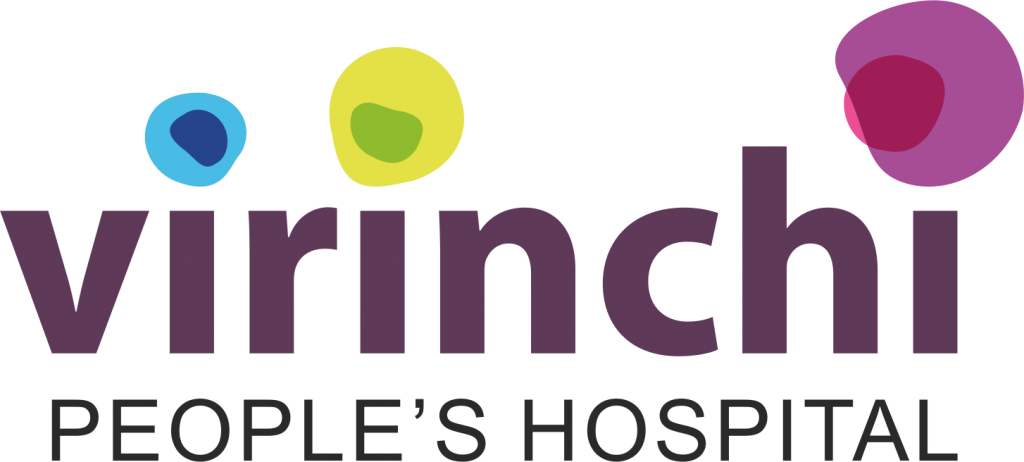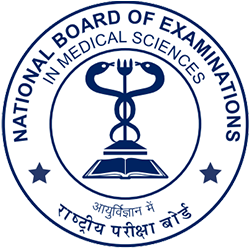Innovative kidney failure treatment to be ready in next 2-3 years
Alternative dialysis treatment allo-haemodialys is currently being tested at an advanced stage of development in large animals.
It is being developed between Virinchi Hospital, RRI and Vivo Bio Tech Ltd, Hyderabad.
This pathbreaking treatment, which is likely to bring down the cost of dialysis to 100th of the current cost, will be ready for human usage globally in the next 2-3 years.
While currently the hemodialysis machines which are available at hospitals are a huge set up requiring a constant supply of water of the highest quality and a dialysis technician to operate it, cost around Rs 7- Rs 8 lakh, this one costs around Rs 7- Rs 8 lakh, this one costs around Rs 70,000.
What makes this unique is that a family member or a friend could sit with the patient as a buddy and the healthy person’s kidney work for the kidney patient to filter out the impurities
“Allo Haemodialysis (alloHD) is a novel hemodialysis modality whereby, the patient is dialysed against a healthy subject (“buddy”). The buddy’s healthy kidneys then excrete the solutes and fluid transferred from the patient. The whole set-up is less than half the size of a of a microwave oven and there is no need for a technician or water supply in this. This will make dialysis an easy process, doable at home,” said Dr K S Nayak, Chief Nephrologist, Virinchi Hospitals who has worked on the project with Dr Peter Kotanko, medical director, Renal Research Institute, ew York jointly and their respective teams.

The method has been successfully tested on American Yorkshire pigs and was found to have a similar effect as dialysis
The reason for choosing the animal is that its weight is equivalent to that of a human male and the kidneys of humans and pigs are quite similar.
“The therapy is being performed at an advanced stage of development, in Large Animals under the strict supervision of Dr K S Nayak after CPCSEA clearance. It is expected that this pathbreaking treatment will be ready for human usage globally in the next 2-3 years. Social, economic, environmental, and technical barriers prevent the widespread use of current dialysis technologies. As a nephrological community, we have not yet developed impactful solutions to address this problem. We systematically questioned long-held paradigms and conceptualized a novel treatment option that that has the potential to increase access to renal replacement therapy and reduce the loss of human life owing to kidney failure,” added Dr Nayak.




